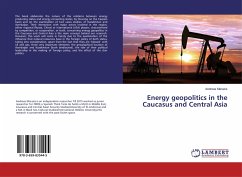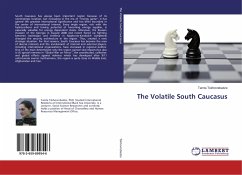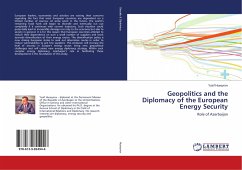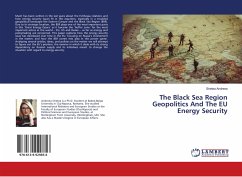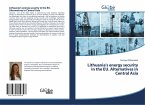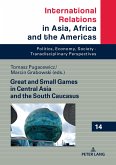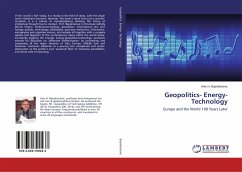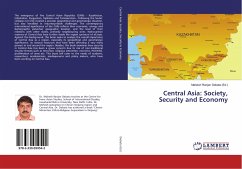The book elaborates the nature of the relations between energy producing states and energy consuming states, by focusing on the Caspian basin and on the examination of two cases studies, of Kazakhstan and Azerbaijan. Their interaction with major actors involved in the region, either regional (Russia, China) or international (USA) players, characterized by competition, or cooperation, or both, concerning energy geopolitics in the Caucasus and Central Asia is the main concept behind our research. However, this work will come in handy due to the examination of the influence that natural resources have in the foreign policy of both states, taking into consideration, apart from the fact that they are 'blessed' with oil and gas, three very important elements: the geographical location of Azerbaijan and Kazakhstan (both landlocked), the role of their political leadership in the making of foreign policy, and the effect of the clan politics.
Hinweis: Dieser Artikel kann nur an eine deutsche Lieferadresse ausgeliefert werden.
Hinweis: Dieser Artikel kann nur an eine deutsche Lieferadresse ausgeliefert werden.

